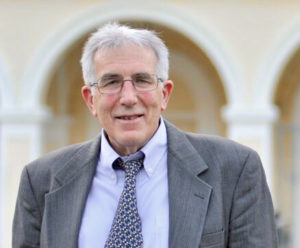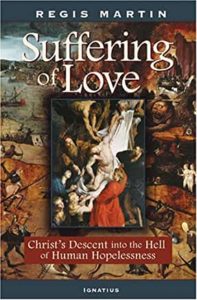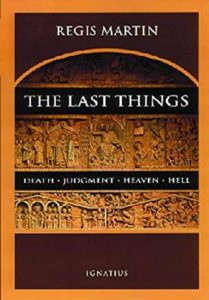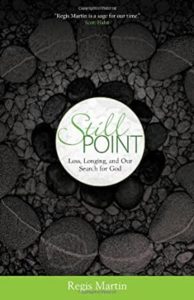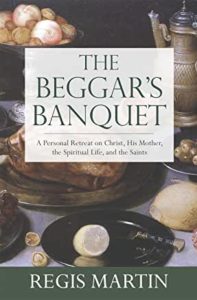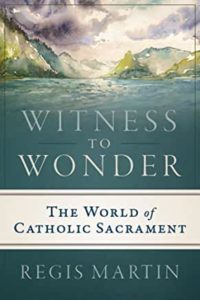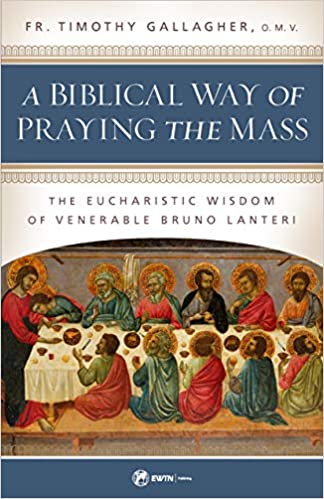Podcast: Play in new window | Download (Duration: 6:31 — 4.5MB) | Embed
Subscribe: Apple Podcasts | Spotify | Amazon Music | Android | Pandora | iHeartRadio | JioSaavn | Podchaser | Gaana | Podcast Index | Email | TuneIn | Deezer | Anghami | RSS | More
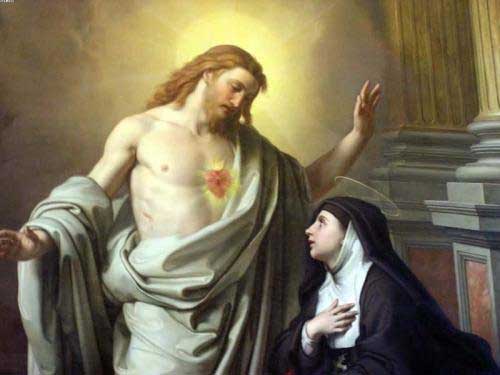
DAY NINE
O adorable Savior, Jesus Christ, I believe what your holy Word teaches. I believe that you were made a priest forever by the solemn oath of your eternal Father and that you offer sacrifices forever. I believe that you offer the most sublime, holy and pure sacrifice most pleasing to God in the fire of your love, your Heart, your infinite merits, even your entire self. I believe that the most profound compassion of your priestly Heart impels you to carry on the function of your priesthood forever and ever in order to reconcile your Father with us and to offer him adoration, praise and thanksgiving for us as well to entreat him and grant us every needed grace.
Inspired by this faith I come to you, O loving Jesus. I place all my needs with great confidence in your priestly Heart and upon the altar of your Heart. The eternal Father cannot refuse anything to such a priest and his sacrifice. Remember me then in all the Masses in which you offer yourself today throughout the world. Let your petition ascend from your Sacred Heart that the eternal Father may decide, through your merits, to forgive me all my sins which I detest from the bottom of my heart and in his fatherly love to grant me the grace for which I have so ardently pleaded during this novena (mention your request). O Sacred Heart, if the heavenly Father grants this request for your sake it will redound to your own glory because it will be a testimony to your Father’s love for you. Procure this honor for yourself and from the sanctuary of heaven bring to me this desired grace so that my faith in you may be strengthened and my love of you may be more enkindled, O loving and priestly Heart of Jesus. Amen.
———————
O Divine Jesus who has said, “Ask and you shall receive; seek and you shall find, knock and it shall be opened to you,” behold me prostrate at your feet. Animated with a lively faith and confidence in the promises dictated by your Sacred Heart and pronounced by your adorable lips. I come to ask your aid. (mention your request)
From whom shall I ask, O sweet Jesus, if not from you whose heart is an inexhaustible source of all graces and merits? Where shall I seek if not from the treasure which contains all the riches of your clemency and bounty? Where shall I knock if it be not at the door of your Sacred Heart through which God himself comes to us and through which we go to God?
To you then, O Heart of Jesus, I have recourse. In you I find consolation when afflicted, protection when persecuted, strength when overwhelmed with trials and light in doubt and darkness. I firmly believe you can bestow on me the grace I implore even though it should require a miracle. You have only to will it and my prayer will be granted. I know I am most unworthy of your favors, O Jesus, but this is not a reason for me to be discouraged. You are the God of mercies and you will not refuse a contrite and humble heart. Cast upon me a look of pity, I conjure you, and your compassionate Heart will find in my miseries and weakness a pressing motive for granting my petition.
But, O Sacred Heart, whatever may be your decision with regard to my request I will never cease to adore, love, praise and serve you. Deign, O Jesus, to accept my act of perfect submission to the decrees of your adorable Heart which I sincerely desire may be fulfilled in and by me and all your creatures forever and ever. Amen.
Act of Consecration to the Sacred Heart of Jesus
Most sweet Jesus, redeemer of the human race look down upon us humbly prostrate before your altar. We are yours and yours we wish to be but to be more surely united with you behold each one of us freely consecrates himself today to your most Sacred Heart. Many indeed have never known you, many too, despising your precepts have rejected you. Have mercy on them all, most merciful Jesus, and draw them to your Sacred Heart.
Be you king, O Lord, not only of the faithful who have never forsaken you but also of the prodigal children who have abandoned you. Grant that they may quickly return to their Father’s house lest they die of wretchedness and hunger.
Be you King of those who are deceived by erroneous opinions or whom discord keeps aloof and call them back to the harbor of truth and the unity of faith so that soon there may be but one flock and one shepherd.
Grant O Lord, to your Church assurance of freedom and immunity from harm. Give peace and order to all nations and make the earth resound from pole to pole with one cry: Praise to the Divine Heart that wrought our salvation; to it be glory and honor forever. Amen.


